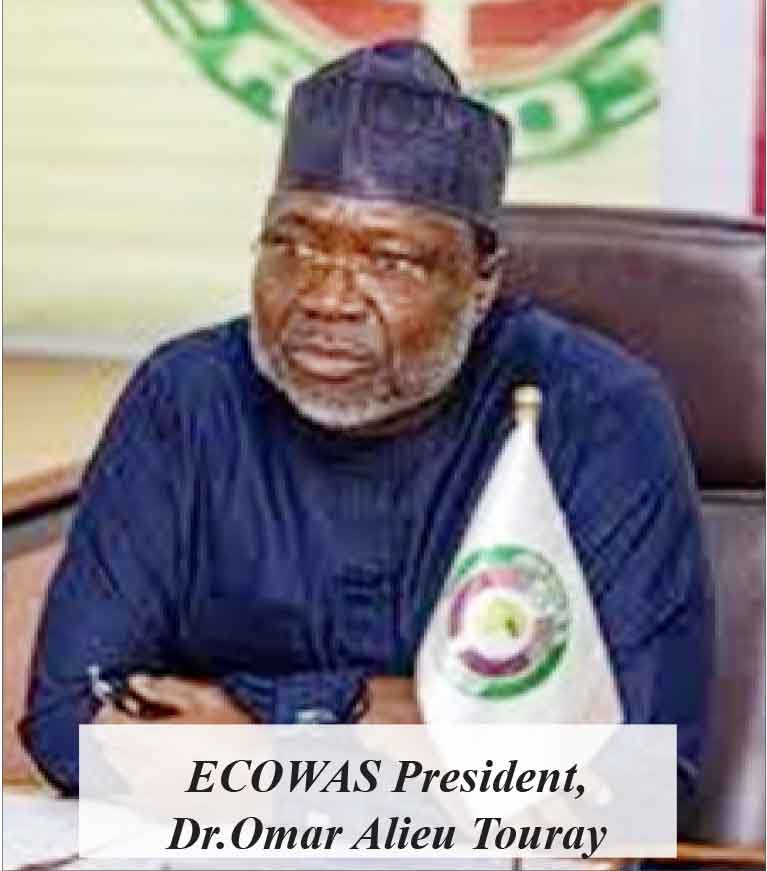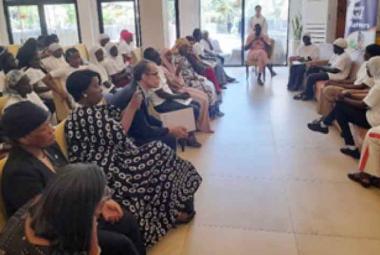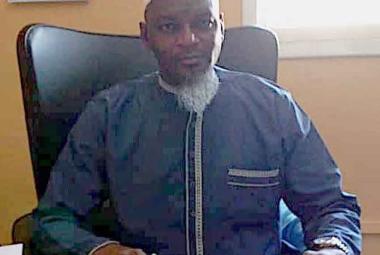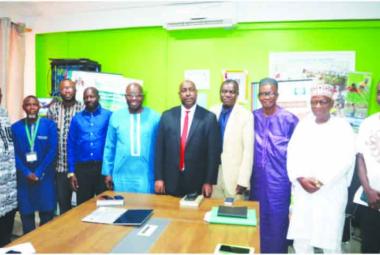Day 2 of the ECOWAS Field Monitoring and Evaluation Mission in The Gambia, ended with visits to the flood-affected communities of Nyofelleh in West Coast Region; Fass Omar Saho, and Munyagen both in the North Bank Region.
This mission is designed to rigorously assess the effectiveness of the humanitarian aid provided in response to the 2022 flood disaster and food crises.
During the visit, the delegation engaged with local beneficiaries who conveyed their sincere appreciation for the assistance received from ECOWAS. This support has been instrumental in addressing critical needs, such as securing essential food items and repairing homes damaged by the floods. Beneficiaries highlighted the significant relief this aid has provided, particularly in helping them to stabilise their living conditions in the aftermath of the disaster.
A resident of Fass Omar Saho articulated the community’s sentiments. “We are profoundly grateful for the support from ECOWAS. It has enabled us rebuild our homes and ensure food security for our families. However, there are many others in our community who remain in need, and we hope that this support can be expanded to assist them as well“.
Similarly, in Munyagen, a beneficiary noted: “The financial support, while modest, has had a meaningful impact on our lives. It allowed us to purchase food and undertake essential repairs to our homes, which were severely affected by the floods. We hope that ECOWAS will continue and broaden this assistance so that more people can benefit“.
The delegation observed that the aid delivery process was met with particular appreciation due to its transparency and efficiency, which helped to minimise conflicts and ensure that the most vulnerable were prioritised. The residents expressed a strong desire for ECOWAS to maintain its commitment to supporting member states, including The Gambia, as they continue to recover from these challenges.
This field visit not only highlighted the positive outcomes of the humanitarian efforts by ECOWAS but also brought to light the ongoing challenges that persist in these communities.
The feedback gathered will be instrumental in shaping future ECOWAS humanitarian strategies, ensuring that the relief efforts are both sustained and expanded to address the needs of additional vulnerable populations.
The mission will proceed with a scheduled visit to another community, where further assessments will be conducted to gather additional insights and evaluate the continuing impact of the aid provided.
ECOWAS Team Scrutinises Impact of Humanitarian Efforts in Gambia







